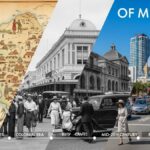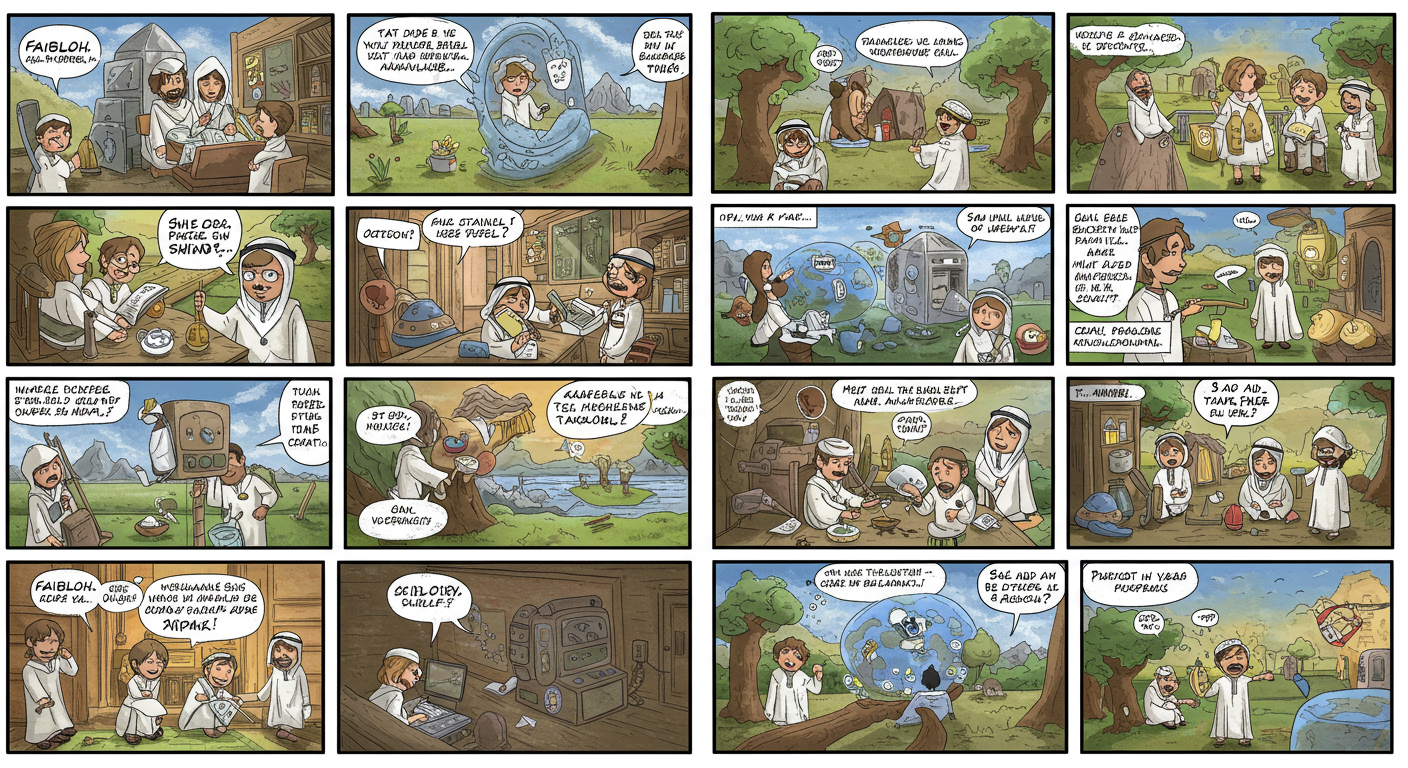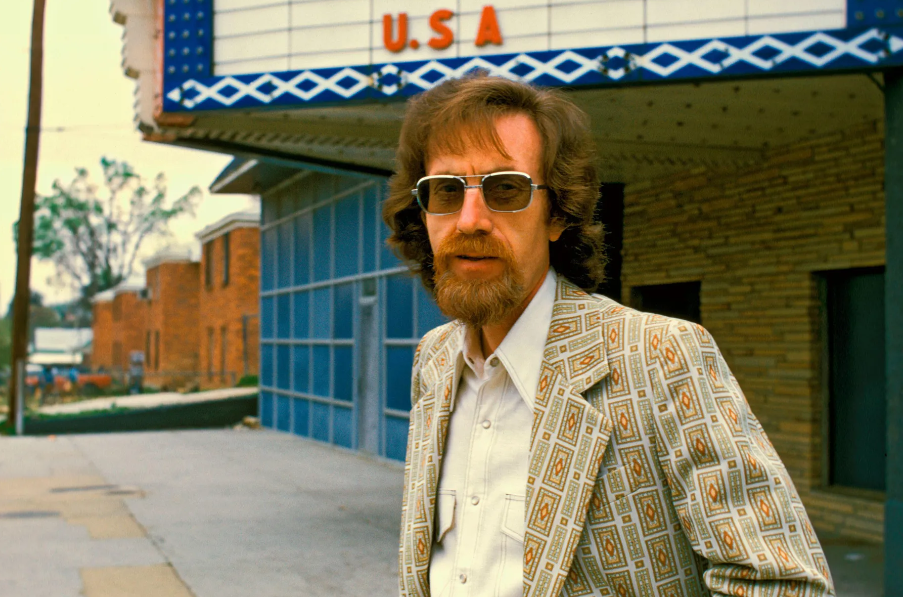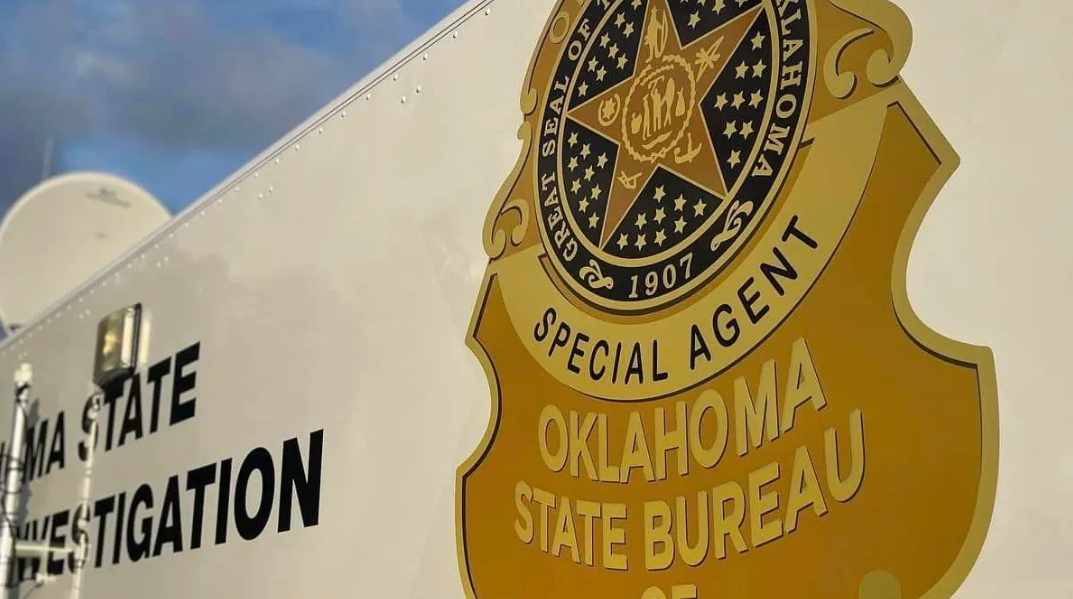Many moons ago at the ripe old age of 19 I began my law enforcement career. I was still too young to become an officer so I became a dispatcher while I waited to go to the police academy. I figured I’d do the “easy” job of dispatching before becoming a cop and doing real police work.
It sure didn’t take me long to realize that being an emergency telecommunications operator is no walk in the park. The two years I dispatched was probably the toughest, most stressful two years of my 19 year career to date.
It takes a special person to be able to talk on three radio channels to multiple officers, answer phone lines and 911, while typing and documenting your every move into a CAD system, and oh, let’s not forget about operating NCIC as well. Officers with dispatching experience realize the little things that don’t come through the radio frequency and can help make the dispatcher’s life easier, sometimes by just being a bit more patient, maybe for just a second or two.
We as officers tend to forget, or have no real knowledge of what dispatchers are going through during the course of a shift at work. If it were up to me, the initial training of every rookie cop would be to be a fully trained dispatcher. Now it’s nice that a lot of training programs make new officer’s “observe” by sitting in the communications division for a week or two. But to me that’s about the same as being driven around a NASCAR track by Tony Stewart and expected to be as good as he is when you climb out of the passenger seat.
It is true that there is a love-hate relationship between dispatchers and the officers they take care of. And that’s what it is ladies and gentlemen; they are taking care of you on the street. Dispatchers and Officers both make mistakes, sometimes there is a lack of communication on either end of the radio, but in the end we are all on the same side and operating with the same goal in mind-Your safety.
After a high risk incident, Officers can sit on the curb and drank a Gatorade, put a dip of snuff in, or walk off and gather yourself for a few minutes. Dispatchers have to sit in the chair, in that room and have no escape from the high stress incident they just handled over 911 and dealing with you barking orders at them over the radio. It’s just on to the next phone call that is holding for them to take.
So next time you get a little angry when the dispatcher doesn’t answer your beckon call, I would encourage you to go sit in their chair for 8 hours and see what it feels like….You might find yourself buying them flowers the next day and begging for forgiveness.
As for me, well, I believe that God made dispatchers so cops could have heroes too…
As Always, Stay safe and serve proud,











